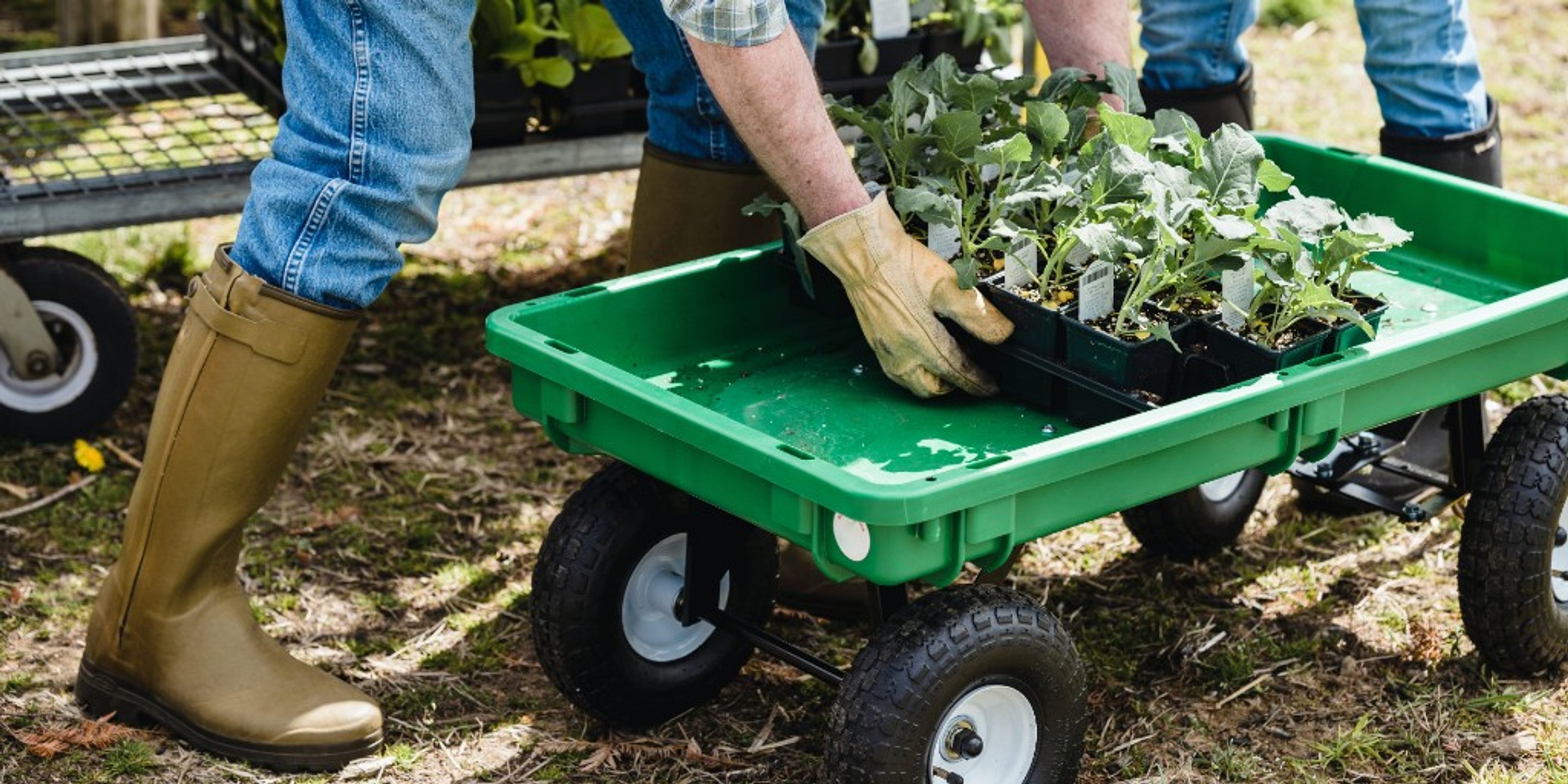
Negotiating sustainable futures in communities through participatory speculative design and experiments in living
Digital Sustainability

Collaborators Northumbria University
Abstract
This paper responds to sustainable HCI’s call to design long-term participatory projects with grassroots communities to counter the local effects of climate change and support more viable practices.
Method
This paper reports on a workshop series on sustainable community food-growing using situated participatory speculation to address potential tensions when working collaboratively towards socio-technical alternatives.
Takeaways
We contribute a methodological approach to participatory speculative design as a series of interrelated experiments in living, working in symbiosis with a food-growing community moving towards collective resilience and food sovereignty.
This paper responds to sustainable HCI’s call to design long-term participatory projects with grassroots communities to counter the local effects of climate change and support more viable practices. We contribute a methodological approach to participatory speculative design as a series of interrelated experiments in living, working in symbiosis with a food-growing community moving towards collective resilience and food sovereignty. As an example of sustainability research within HCI, community food-growing has predominantly focused on collaborative acts of growing rather than disagreements, divergences and frictions.
Limited attention has been paid to the challenges of effectively negotiating collaborative, sustainable speculative futures in this context. This paper reports on a workshop series on sustainable community food-growing using situated participatory speculation to address potential tensions when working collaboratively towards socio-technical alternatives.
While we only ran these workshops over a period of four months, our continued involvement and interactions in the community have made it possible for us to see the ongoing nature of their work. We also continued to go to monthly meet-ups, ran our own growing session, supported sessions on the future plans for Grow-in Containers and organised design projects with students.
We are currently investigating the use of communication technologies for sustaining community practices during the pandemic and co-designing with them socio-technical systems for community led actionable visioning.
We argue the evaluation of the outcome is therefore challenging as it is not limited to a discreet project timescale especially when considering sustainable community initiatives. Therefore, we would like to bring to SHCI the need for regular ongoing efforts of tinkering placed in close dialogue with more speculative acts in commensurate ways thereby creating a diversity of possible contested visions, ideas and onground action. For the SHCI community, a valuable way forward would be a collective resource, an evolving toolkit of evaluated participatory futuring methods for supporting long-term sustainability action when designing with grassroots community organisations.
As research in sustainable HCI matures and expands, there is an increased need to understand collaborative and participatory approaches for speculation. These approaches are important to challenge normative assumptions about technological efficiencies and functionality to favor sustainability values which promote longevity. We have presented insights on participatory speculative design workshops with an urban growing community engaged in a range of distributed growing and knowledge sharing practices to highlight different modes of speculation in dialogue with community interests and values.
These ranged from mapping, walking, gaming and making to invite, situate, deliberate and craft speculations on food growing futures.
Our insights show how these different modes both enable and constrain particular articulations of food growing futures and associated technologies that require negotiation, facilitation and ongoing attention. This includes challenges of normative roles, balancing participation and speculation in order to better nurture community-driven technology visions.
We propose future HCI work to further explore how to envision complex sustainability futures in a participatory way especially within work aimed at designing for grassroots community contexts.
Also, for SHCI research to consider framing these endeavors in dialogue with community-based ‘experiments in living’ that recognise the distributed and embodied practices of tinkering essential for growing. We see the future role of the SHCI researcher here, as an essential partner with communities, acting as a facilitator, to help navigate the multi-scalar complexities of sustainability, while imagining alternatives that move with the community toward preferable futures.
While engaging in both speculative and participatory design work can present challenges, it is important to recognise its potential value may exist beyond directed interventions such as workshops. Future work should seek to understand the effectiveness of such engagements and their potential outcomes in moving communities toward agendas of local food resilience and sovereignty.